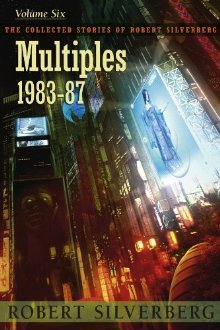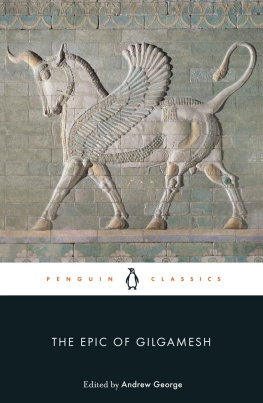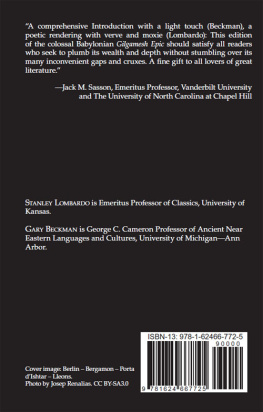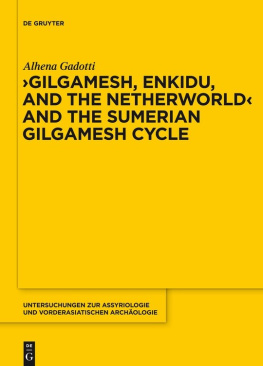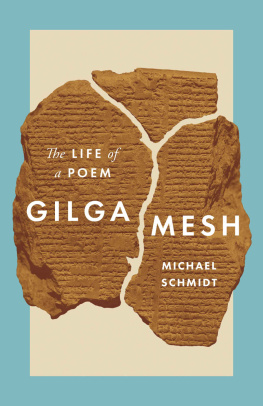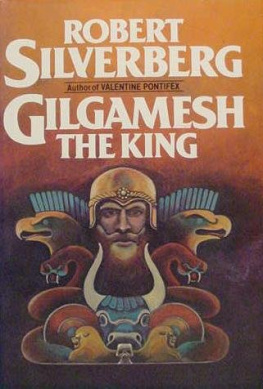
Eas Duplicity in the Gilgamesh Flood Story
This volume opens up new perspectives on Babylonian and Assyrian literature through the lens of a pivotal passage in the Gilgamesh Flood story. It shows how, using a nine-line message where not all was as it seemed, the god Ea inveigled humans into building the Ark.
The volume argues that Ea used a bitextual message: one which can be understood in different ways that sound the same. His message thus emerges as an ambivalent oracle in the tradition of folktale prophecy. The argument is supported by interlocking investigations of lexicography, divination, diet, figurines, social history, and religion. There are also extended discussions of Babylonian word-play and ancient literary interpretation. Besides arguing for Eas duplicity, the book explores its implications for narrative sophistication in Gilgamesh, for audiences and performance of the poem, and for the relation of the Gilgamesh Flood story to the versions in Atrahass, the Hellenistic historian Berossus, and the Biblical Book of Genesis.
Eas Duplicity in the Gilgamesh Flood Story will interest Assyriologists, Hebrew Bible scholars, and Classicists, but also students and researchers in all areas concerned with Gilgamesh, word-play, oracles, and traditions about the Flood.
Martin Worthington is Senior Lecturer in Assyriology and a Fellow of St Johns College at the University of Cambridge, UK.
The Ancient Word
Series editor: Seth Sanders
Professor of Religious Studies, University of California Davis, USA
The Ancient Word is dedicated to publishing exciting, broadly relevant new research in ancient Near Eastern and biblical studies. Each book represents an advance both philologically, in our understanding of ancient sources, and intellectually, in providing fresh ways to think about what the remote past means. Herder once imagined an archive of paradise containing the first writing in the world from its oldest civilization: primordial texts holding the keys to understanding our formation. In unearthing the remains of the ancient Near East, we have something like this archive but it remains mostly unread. Herders bold search has been replaced with safer techniques, from sweeping theories of oral vs literate societies to reductive legitimation theories that boil culture down to power. This series showcases fresh work that helps unlock this archives potential.
Baal and the Politics of Poetry
Aaron Tugendhaft
Beyond Orality
Biblical Poetry on Its Own Terms
Jacqueline Vayntrub
Eas Duplicity in the Gilgamesh Flood Story
Martin Worthington
www.routledge.com/classicalstudies/series/ANCWORD
First published 2020
by Routledge
2 Park Square, Milton Park, Abingdon, Oxon OX14 4RN
and by Routledge
52 Vanderbilt Avenue, New York, NY 10017
Routledge is an imprint of the Taylor & Francis Group, an informa business
2020 Martin Worthington
The right of Martin Worthington to be identified as author of this work has been asserted by him in accordance with sections 77 and 78 of the Copyright, Designs and Patents Act 1988.
All rights reserved. No part of this book may be reprinted or reproduced or utilised in any form or by any electronic, mechanical, or other means, now known or hereafter invented, including photocopying and recording, or in any information storage or retrieval system, without permission in writing from the publishers.
Trademark notice: Product or corporate names may be trademarks or registered trademarks, and are used only for identification and explanation without intent to infringe.
British Library Cataloguing-in-Publication Data
A catalogue record for this book is available from the British Library
Library of Congress Cataloging-in-Publication Data
Names: Worthington, Martin, author.
Title: Eas duplicity in the Gilgamesh flood story / Martin Worthington.
Description: Abingdon, Oxon ; New York, NY : Routledge, 2019. | Series:
The ancient word | Includes bibliographical references and index.
Identifiers: LCCN 2019016908 (print) | LCCN 2019981112 (ebook) |
ISBN 9781138388925 (hardback : alk. paper) | ISBN 9780429424274 (ebk.)
Subjects: LCSH: Gilgamesh. | Epic poetry, Assyro-BabylonianHistory and
criticism. | Deluge. | Plays on words.
Classification: LCC PJ3771.G6 W67 2019 (print) | LCC PJ3771.G6 (ebook) |
DDC 892/.1dc23
LC record available at https://lccn.loc.gov/2019016908
LC ebook record available at https://lccn.loc.gov/2019981112
ISBN: 978-1-138-38892-5 (hbk)
ISBN: 978-0-429-42427-4 (ebk)
Typeset in Times New Roman
by Apex CoVantage, LLC
To Lauren
amhatiya
The ways of water are devious.
Thorkild Jacobsen
See fn. 48.
Contents
PART I
Preliminaries
PART II
Dissecting Eas message
PART III
Conspicuous silences in the Gilgame Flood story
PART IV
Other interconnections
Guide
Anyone in a position to read this book is also in a position to read the damning report on austerity and poverty in Britain by the United Nations special rapporteur, published online in November 2018 (www.ohchr.org/Documents/Issues/Poverty/EOM_GB_16Nov2018.pdf). I therefore urge you to put down the book, and go and read the report.
With that said
The idea at the centre of this book that nine lines of the Gilgame Flood story are so worded as to be understandable in radically different ways is extremely simple. So simple, indeed, that when I first scribbled it down, in 2010, it occupied little more than a side of A4. In subsequent years I occasionally tried it out on colleagues, and in 2015 I presented it at the Rencontre Assyriologique Internationale in Bern. But otherwise it sat patiently (or at least: neglected) in a file on my computer.
In the course of the academic year 20152016, when I was frustrated by slow progress on other tasks, I decided it would be refreshing to publish something short and easy. So the old idea about Eas duplicity in the Gilgame Flood story was whisked out, with a view to just that.
It did not take long for the irony to make itself apparent. The first discovery was that the history of scholarship about this remarkable Gilgame passage was much longer and more complex than I had initially realised. But also, I had possessed no inkling of the breadth the investigation would require. Eyebrows aloft in wonderment, I found myself looking into topics as diverse as: ancient dietary habits, Babylonian and Assyrian invented words, issues of gender, differences between Babylonian and Assyrian clay figurines, ll-demons, and whether Mesopotamians thought of plants as alive; not to mention: pigeons in imperial Beijing, the Armenian version of Eusebius, and the witches in Macbeth ! Detailed engagement with the mysterious nine lines (as with the idea of Babylonian and Assyrian word-play in general) continued to reveal unsuspected complexities, and these required a lot of teasing out.
As the argument grew in scope and length, it became apparent that Eas duplicity possessed greater significance than had first been apparent. For example, it turned out that the duplicity had implications for other passages in the Gilgame Flood story; that a re-examination of the epistemic relation of this to other Mesopotamian Flood stories (especially Atrahass ) was necessary; and that Eas wordsmithery in Gilgame XI needed setting within a wider context of communication between gods and humans, as Mesopotamians conceived it (esp. divination). Moreover, the proposed interpretation furnished a new vantage point from which to compare the Gilgame Flood story with the accounts in Genesis and Berossus. And so the manuscript grew.


